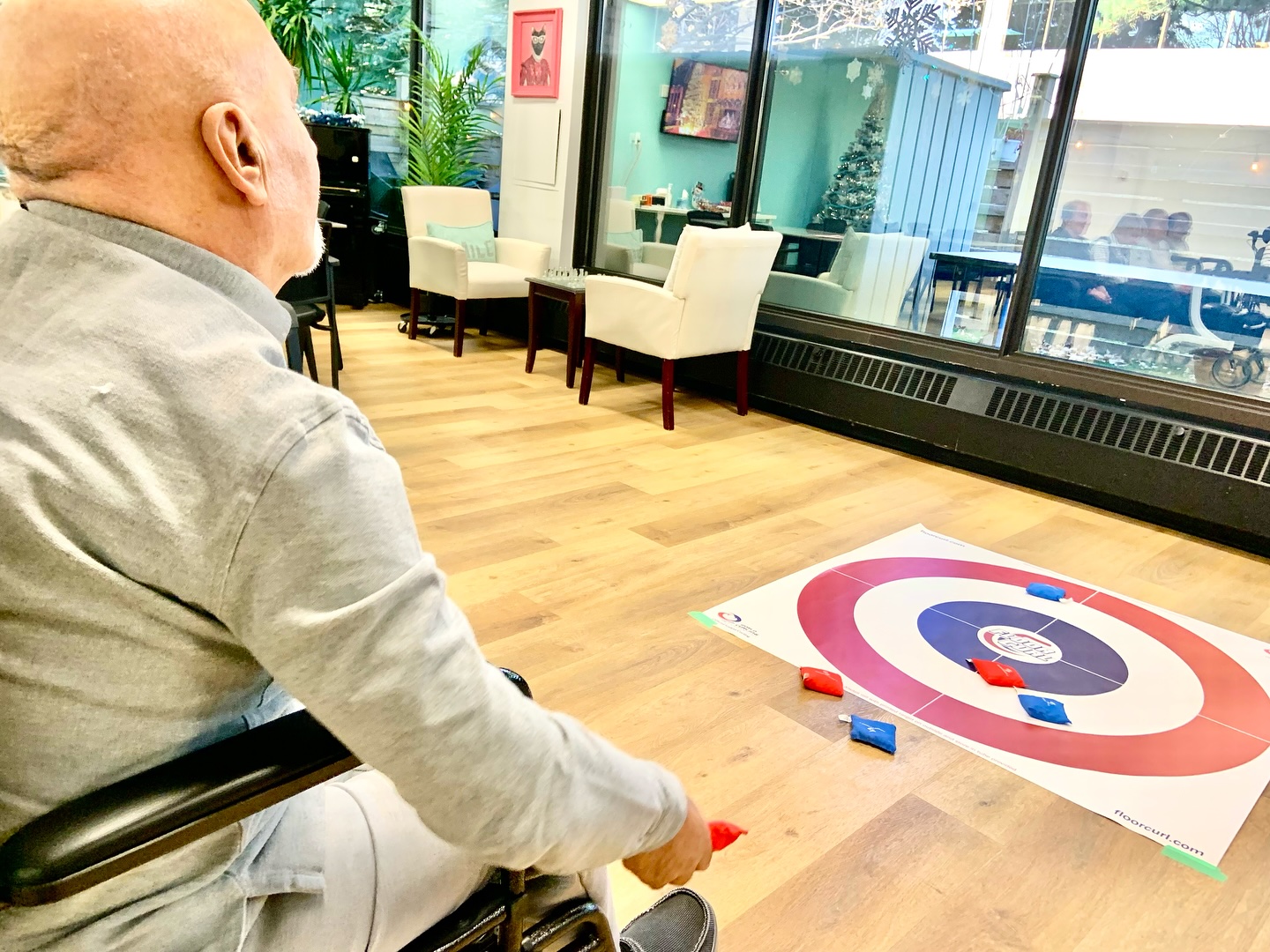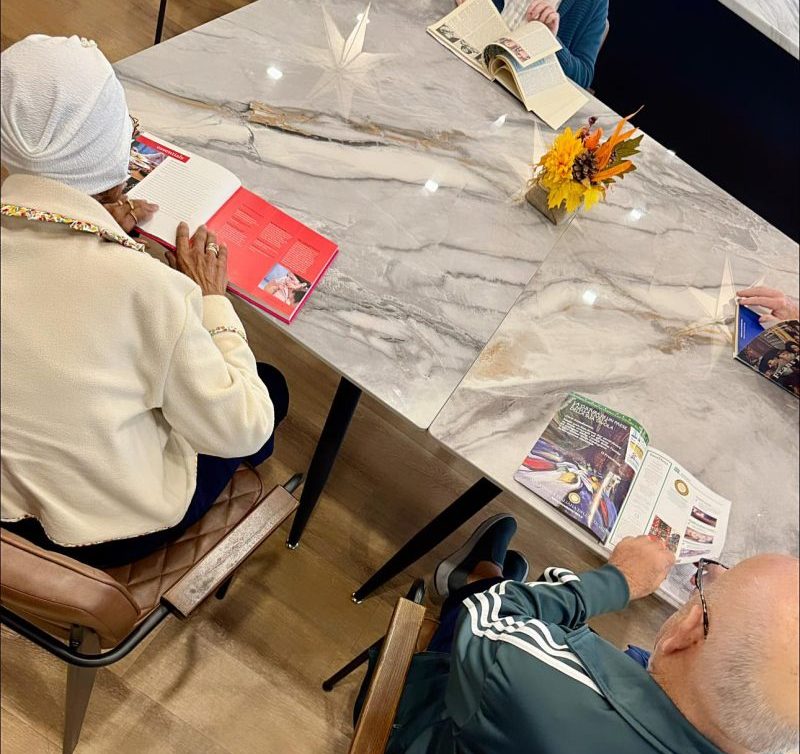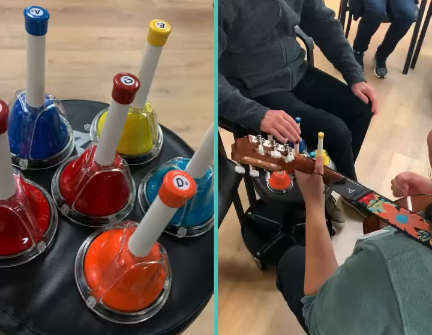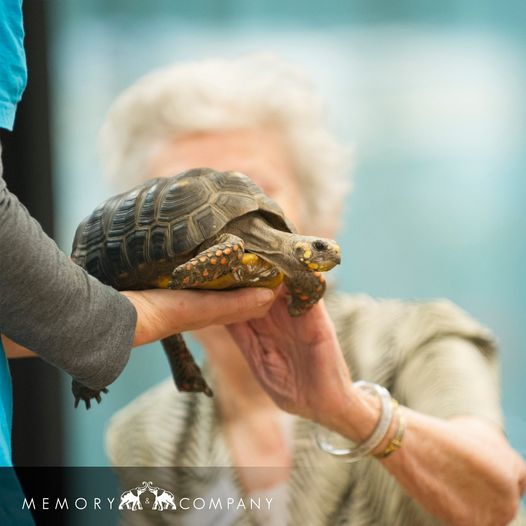Caring for someone with dementia often means tackling challenges such as Memory Loss, confusion, mood swings, and difficulty communicating. Yet, innovation in care strategies, such as target-based games, provides new opportunities for enriching the lives of those living with dementia. Not only are target-based games entertaining but they have been proven to boost brain function, improve mental health, and decrease cognitive decline.This blog dives into how target-based games can benefit individuals who are living with dementia and provides actionable tips to help caregivers incorporate these activities into their daily routines.
Why Mental Health Matters in Dementia Care
Dementia is a progressive condition that impacts cognitive functions and often leads to Memory Loss, confusion, difficulty with problem-solving, and loss of certain physical abilities.
Research suggests that regular mental activity may help slow down cognitive decline, while structured games can also reduce agitation and foster a sense of purpose. By engaging the brain in achievable activities, target-based games serve as an outlet for creativity, focus, and enjoyment.
A study published by Neurology found that brain-boosting activities such as puzzles and playing games can slow down cognitive decline. Another study published by the American Medical Association observed that regular participation in target-based games helped to reduce the risk of dementia symptoms.
Target-Based Games in Dementia Care
So, what exactly are target-based games? Target-based games are activities that involve achieving specific goals, either mentally or physically. Unlike passive activities like watching television, these games require participants to focus their minds and bodies, offering structured mental stimulation in a way that’s both engaging and fun. Here are some common target-based games used in dementia care:
Physical Target-Based Games
- Bean Bag Toss or Ring Toss: These games are easy to set up, creating a social atmosphere where people can have fun. Throwing lightweight objects can help improve hand-eye coordination, focus, balance, and coordination.
- Bowling or Mini Golf: Memory Care activities like bowling and mini golf engage motor skills while promoting balance and focus. These games can be adapted to support each individual’s unique abilities, speed, and interests.
- Darts Games (Safe/Velcro Dartboards): Darts are a fantastic way to improve fine motor skills and decision-making skills. In a group setting, darts can help build friendships, boost self-confidence, and reduce feelings of isolation.
Cognitive Target-Based Games
- Jigsaw Puzzles: As a relaxing and calm activity, jigsaw puzzles help boost problem-solving skills, spatial awareness, and coordination. Completing a puzzle provides a sense of accomplishment and boosts one’s self-esteem.
- Matching Games (e.g., Memory Cards): Mental agility games that focus on memory recall can improve attention span and short-term memory. Use cards or specialized matching games with colourful pictures to encourage participation.
- Digital Target-Based Games: Technology is a supportive tool for those living with Memory Loss. Puzzles, colouring, and matching games via a tablet or desktop are designed to focus on memory, problem-solving, and cognitive flexibility.
Group or Social Target-Based Activities
- Bingo: As a fan favourite, Bingo stimulates both cognitive and social abilities. With easy-to-follow rules, bingo creates a relaxed environment where individuals can connect while sharpening their memory and focus.
- Scavenger Hunts: This activity requires decision-making, memory recall, and spatial awareness as participants search for specific items in their familiar surroundings. Completing scavenger hunts in small groups can support socialization.
How Each Target-Based Game Helps in Dementia Care
The benefits of target-based games for dementia care are multifaceted, enhancing cognitive, emotional, and social well-being while improving physical coordination.
- Memory Enhancement: From colouring to puzzles and board games, many target-based games challenge the brain to retrieve information, improving short-term memory and recognition. Activities like card games reinforce memory pathways and strengthen recall.
- Physical Benefits: Target-based games can be used in Memory Care settings as a form of recreational therapy for those with limited mobility. Whether it’s tossing a ring or aiming at a dartboard, these activities simultaneously engage the body and the mind.
- Cognitive Benefits: Studies have shown that the brain is stimulated with simple activities such as cards or memory games. Repetitive actions and problem-solving tasks can help strengthen the neural pathways to improve cognitive thinking.
- Emotional Benefits: Participating in target-based games also has emotional benefits. These activities can boost mood and self-confidence as a person experiences a sense of achievement, win or lose.
- Social Benefits: Social games in Memory Care encourage emotional connections with family, care partners, and other people living in the same setting. Being part of a community helps to reduce feelings of anxiety and depression.
Tips for Caregivers to Introduce Target-Based Games
If you’re eager to explore how structured activities can transform your loved one’s care experience, here are some tips to introduce target-based games:
- Choose the Right Game: Since many people living with Memory Loss may not recognize certain games they once enjoyed playing, select games that match their cognitive and physical abilities. Start simple and adjust complexity as they progress.
- Create a Comfortable Environment: Create a comforting and welcoming environment for the game. Ensuring a quiet, calming space for the activity can minimize stress or distractions and help your loved one maintain focus.
- Encourage Participation: It is important to use positive reinforcement and share in the activity to boost engagement. Focus on fun rather than performance, regardless of the person’s cognitive abilities.
- Use Familiar Elements: To reduce the risk of confusion, choose familiar games, whether it’s card games or board games. Incorporate familiar colours, sounds, or imagery that might evoke memories or provide comfort.
Book a Tour of Memory & Company’s Clubs to See Our Engaging Activities for Dementia Care!
At Memory & Company, we integrate specialized programs and activities to enhance the quality of life of all of our Members and their care partner(s). Our Respite Care is offered with our daily Premium Day Program and accommodations, both with long-term care and short-term Respite Care.
Contact us to schedule a personalized tour of our Markham or Oakville clubs!






















